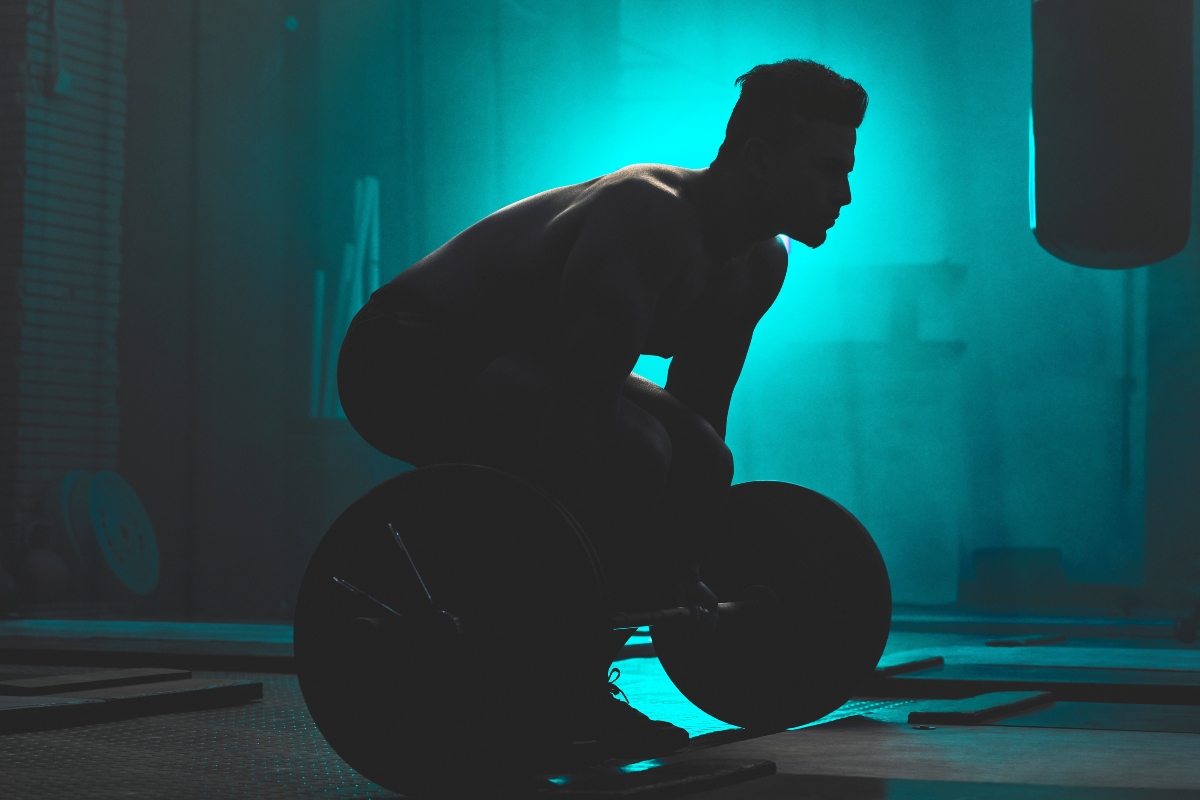Offseason Workouts: How Penguins Players Stay Hockey-Ready All Summer

For professional hockey players like those on the Wilkes-Barre/Scranton Penguins, the offseason is far from a break. While the games might stop, the pursuit of excellence continues. This crucial period allows players to focus on recovery, refine their skills, and prepare physically and mentally for the grueling demands of the upcoming hockey season.
Here’s an inside look at how Penguins players maintain their peak performance all summer long, covering everything from strength and cardio training to nutrition and mental preparation.
1. Strength Training for Power and Endurance
Hockey demands a mix of explosive power, endurance, and upper and lower body strength. That’s why strength training plays a central role in a player’s offseason routine. Penguins players spend a significant portion of their summer in the gym, with carefully designed workouts that target key muscle groups used on the ice.
Lower-Body Workouts
To build the explosive power needed for skating, players focus on exercises like squats, lunges, and box jumps. These movements develop leg strength and improve balance and stability, which are essential for agility on the rink.
Core Training
Core strength is vital for hockey players, as it fuels quick transitions, shots, and body control. Planks, Russian twists, and medicine ball workouts are just a few of the exercises used to develop a rock-solid core.
Upper-Body Development
For passing, shooting, and holding off opponents, players need strong upper bodies. Bench presses, pull-ups, and resistance band training help build the necessary strength without sacrificing mobility or flexibility.
2. Cardio Training to Stay in Game Shape
While strength is a key component of hockey fitness, cardio is equally critical. The game is played at a high intensity, with players cycling on and off the ice every 45 seconds to a minute. Offseason cardio training ensures they’re ready for this fast-paced action.
High-Intensity Interval Training (HIIT)
High-intensity interval training (HIIT) replicates the stop-and-start nature of hockey shifts. Sprints, rowing, and cycling intervals are common exercises for building game-ready endurance. These workouts push players to their limits and help them maintain peak performance through every period.
Long-Distance Workouts
While HIIT targets peak physical exertion, long-distance cardio builds overall stamina. Penguins players may add running, swimming, or extended bike rides to their routines to improve their baseline endurance.
3. Nutrition as the Foundation of Fitness
What players eat during the offseason has a significant impact on their performance. Nutrition provides the fuel needed for tough workouts and ensures proper recovery. Hockey players work closely with nutritionists to maintain a balanced and optimized diet.
Protein for Muscle Recovery
Protein is essential for rebuilding muscle tissue after strenuous workouts. Players often opt for lean sources like chicken, fish, eggs, and plant-based proteins. Protein shakes are also a go-to for a quick post-workout boost.
Carbs for Energy
Carbohydrates are crucial for fueling intense training sessions. Whole grains, fruits, and vegetables are common staples in an athlete’s diet, providing long-lasting energy that keeps them going strong.
Hydration for Peak Performance
Staying hydrated is another critical aspect of training. WBS Penguins players focus on drinking plenty of water throughout the day and may use electrolyte-enhanced drinks to replenish minerals lost during workouts.
4. Skill Development and On-Ice Training
Even during the offseason, players don’t step away from the ice entirely. Skill development remains a top priority, as refining techniques can make all the difference when the season starts.
Stickhandling and Shooting Drills
Players dedicate time to stickhandling and shooting drills to sharpen their precision and accuracy. Whether practicing wrist shots, slap shots, or backhand techniques, this repetitive training builds muscle memory.
Edge Work and Skating Drills
Power skating sessions focus on edge control, agility, and speed. These drills fine-tune players’ footwork, ensuring they can pivot, stop, and accelerate seamlessly during games.
Small-Area Games
To mimic real-game scenarios, players participate in small-area scrimmages during practice sessions. These condensed games emphasize quick decision-making, tight turns, and creativity under pressure.
5. Mental Preparation for the Next Season
Hockey isn’t just about physical ability; mental focus and resilience are equally important. Offseason mental conditioning ensures that players are ready to handle the challenges of a demanding season.
Visualization Techniques
Many players use visualization techniques to mentally prepare for success. They envision scoring goals, making key plays, or staying calm under pressure, training their minds to perform confidently in critical moments.
Rest and Recovery
The offseason is also a crucial time for mental recovery. It allows players to recharge, spend time with family, and focus on personal hobbies, which helps them return to the rink refreshed and motivated.
Working with Sports Psychologists
Some players consult sports psychologists to enhance their mental toughness. Whether it’s focusing on game-day routines or handling the emotional ups and downs of a season, this support plays a vital role in an athlete’s overall performance.
6. Building Team Dynamics
While individual fitness is critical, hockey is also about teamwork. Offseason bonding activities strengthen team dynamics and camaraderie, which are essential for success. Whether through golf tournaments, charity events, or informal meetups, WBS Penguins players build connections that translate into better cohesion on the ice.
The Commitment to Excellence
For Wilkes-Barre/Scranton Penguins players, offseason training is far more than just staying in shape. It’s an opportunity to grow stronger, faster, and more skillful, preparing for the physical and mental demands of hockey at the highest level. With a focus on strength, cardio, nutrition, skill development, and mental preparation, the Penguins ensure they’re ready to deliver an exhilarating season for their fans.
And while you’re waiting for the next puck drop, take a little inspiration from the Penguins’ offseason dedication. Whether it’s hitting the gym, trying a new workout, or honing your skills at a local rink, there’s never a bad time to channel your inner athlete. The next season will be here before you know it, and the Penguins will be ready!

REQUEST TICKET INFORMATION
"*" indicates required fields










